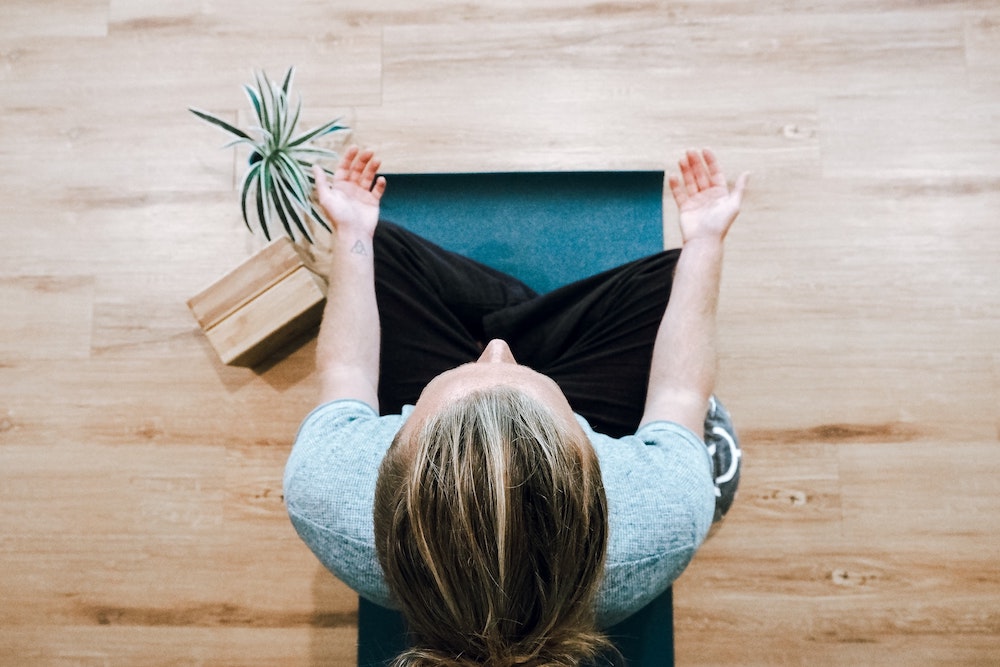
Article by Katy James, EAP Clinical Lead at Vita Health Group
Over recent years, International Stress Awareness Week has turned into a large scale, annual event to focus on stress management, assist with stress prevention and aims to remove the stigmas associated with stress and mental health issues.
Stress is normal and, to some extent, a very necessary part of life. In fact, often a small amount of stress can drive us to get things done, as long as it is harnessed in the right way.
However, what happens when we’re no longer able to harness stress to our advantage? What happens when that feeling of stress becomes all-encompassing? When we simply can’t think about anything else? What happens when that stress feels out of control?
That’s the time when we need to recognise that it’s time to seek help.
Stress can affect our body and our mind in many ways. Too much stress can affect our mood, our mental health and our relationships. It can make us feel anxious, on edge, irritable, and affect our self-esteem too. When we are stressed, we may find ourselves starting to withdraw from those around us.
Often in this situation, the things that we find ‘pleasurable’ end up going to the bottom of the pile. But the key thing to remember, is that it’s those more pleasurable activities that allow us the breathing space we need to switch off from the stressors and ultimately recharge our batteries.
Choose an activity to do mindfully. This can be anything you like, from sitting quietly on the sofa, to taking a walk outside or even cooking your favourite recipe.
Before you start: Become aware of your posture, and the nature of the movement required to begin the task.
Step 1: Check in with your body and be inquisitive about any physical sensations.
Step 2: Pay attention to your senses. Notice any smells, sights, or sounds that accompany the activity. You may find it helpful to undertake your task more carefully and slowly than normal. Bring your full awareness to everything you are doing moment by moment.
Step 3: As you apply this level of mindful awareness, it is possible that this will change your experience of the task. Consider how this makes you feel.
Step 4: At times, thoughts may arise and distract your concentration. When this happens, try to remember this is normal and to be expected. Then when you are ready, return your awareness back to the task.
Step 5: As you come to the end of your activity, notice if there is a tendency to want to rush on to the next thing. If so, see if you can let the activity’s conclusion be as mindful as the earlier moments.
Step 6: It’s time to congratulate yourself on what you have achieved and note your satisfaction levels.
For those who feel that they need that extra layer of support, we would encourage you to reach out to family, friends, your GP, or some other available support quickly. Reaching out is a positive first step to managing your mental health.
 About the author
About the authorKaty James, EAP Clinical Lead at Vita Health Group. Katy has over 15 years of experience working in the NHS, from an entry level clinician to an established clinical leader. She now brings these skills and experience to a corporate setting at Vita Health Group. Accredited in a range of psychotherapies, Katy is currently researching ways of improving all therapy outcomes through specific staff learning and support structures. She works with clients to improve their mental health and wellbeing across a range of mental health and life difficulties, with a specific interest in trauma and anxiety disorders.
